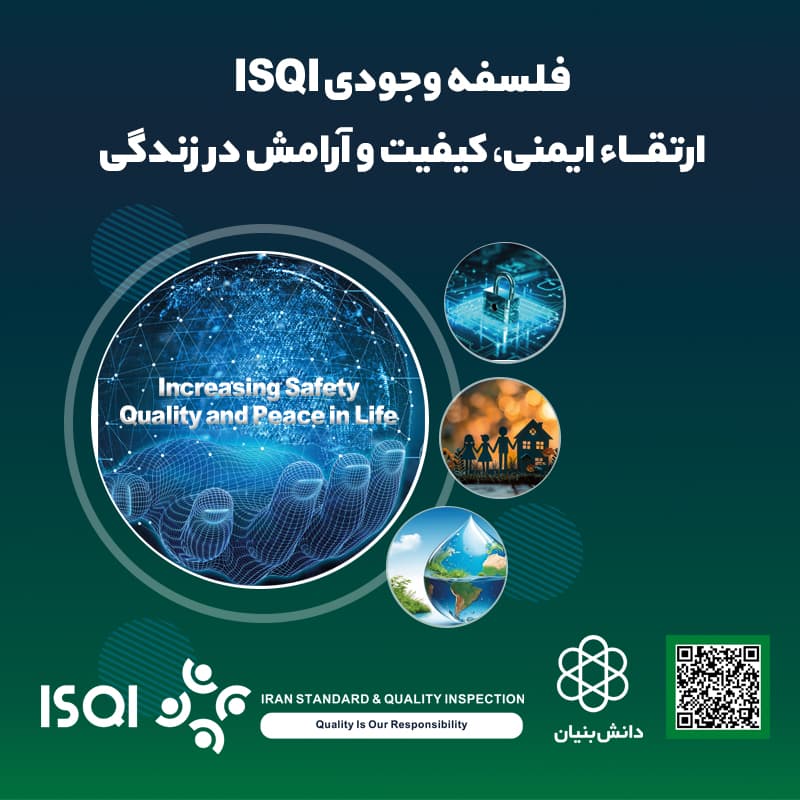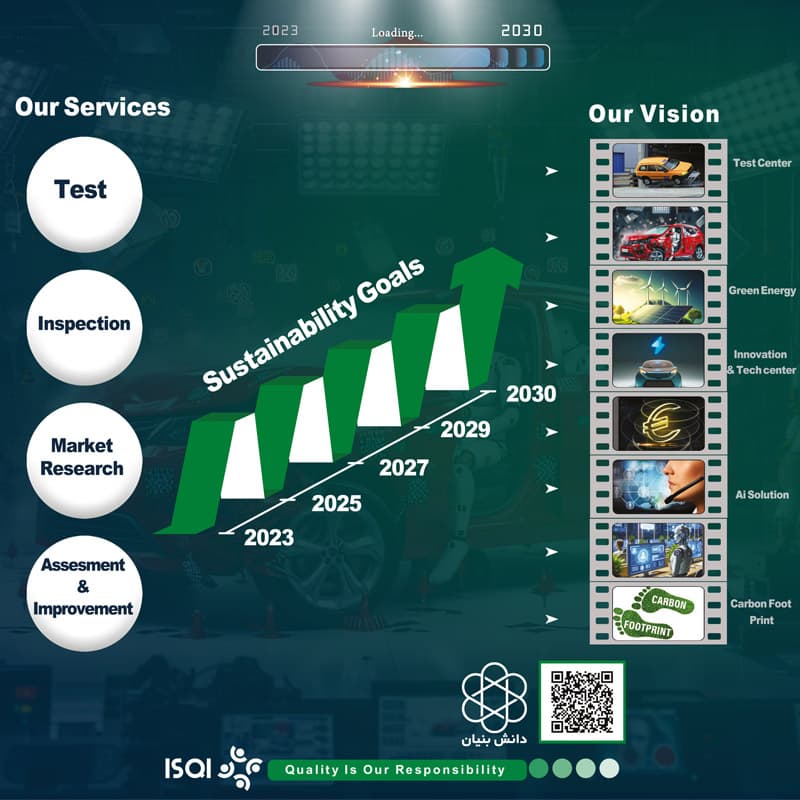The car air conditioning system laboratory started its activity in 2020 as the only laboratory in the country in the field of measuring the leakage rate of R134-a gas (refrigerant) from the air conditioning system of passenger cars, and having the necessary facilities to perform this annual test. This test can be done in laboratory 50 times a year.
The main purpose of the car air conditioning system is to reduce the temperature and humidity of the air space of the car and create suitable conditions for the passengers, and the refrigerant gas is one of the important parts of any type of air conditioning system that is used to cool the environment. This gas belongs to the HFC (Hydrofluorocarbons) family, and due to its destructive effects on the ozone layer and the potential for global warming, the amount of pollution caused by it should be controlled. Therefore, in order to limit the emission of fluorinated greenhouse gases, a standard has been determined for air conditioning systems in motor vehicles, according to which the issue of measuring and checking the leakage rate of R134-a gas is carried out and limit values are considered for it.
The emission test standard of air conditioning systems in motor vehicles is one of the 85 mandatory national standards regarding cars and motor vehicles defined in national standard 6924. This test was performed according to INSO 16444 national standard and it measures the amount of R134a gas leakage from the air conditioning system of cars.
The process of carrying out this test in accordance with the standard requirements includes pre-heating, maintenance and sampling of ventilation system leakage, which will take about 15 working days to measure. Vehicle preparation chamber, fully insulated and constant volume sampling chamber, R134a gas leakage analyzer, temperature recording system, pressure recording system, heater for heating the chamber, fan for homogenizing temperature and gas, including the necessary facilities and equipment to do this the test is in this laboratory
communication way:
Contact number: 026-34996961, extension 115 Mr. Tabatabai







